What is paedophilia and why Bangladesh should be concerned
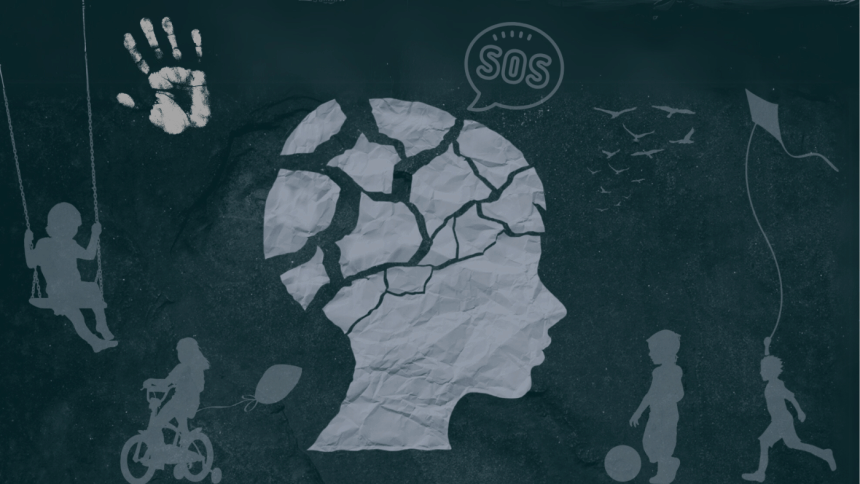
There is no subtle way to say this: the safety of our children is under threat, and our society is miserably and cruelly failing them.
In Bangladesh, nearly nine out of every 10 rapes in the first four months of this year involved children, according to recent findings by Ain o Salish Kendra. Many of the victims were infants, some just a few months old.
While temporary outrage follows each disturbing headline, there is a deeper, more disturbing problem that we have barely begun to address: paedophilia.
Paedophilia is not just an act of abuse; it is a diagnosable psychiatric disorder, manifesting as persistent sexual attraction to prepubescent children. However, calling it a "disorder" does not, and should not, excuse the act of physically or sexually abusing a child. It simply urges us to understand how this pathology functions, so we can better confront and contain it.
In other words, we are facing a threat we barely understand and one we're too afraid to confront directly.
Paedophiles do not usually fit our image of a monstrous stranger lurking in the dark. They are often known to their victims: relatives, teachers, or neighbours. This makes the problem particularly difficult to detect and harder to prosecute.
A University of New Hampshire study argues that many societies, including conservative and religious ones, are particularly vulnerable due to a culture of silence surrounding sexual matters. Children are taught not to speak, parents fear scandal more than trauma, police lack training, and courts lack the will to act swiftly. Sounds familiar, doesn't it?
While our ignorance festers, other nations have begun to reckon with this crisis, experimenting with bold, even controversial measures, such as chemical castration, to prevent repeat offences. However, some methods remain under scrutiny, as questions about human rights violations arise with drastic measures for punishment.
Switzerland, meanwhile, has been debating how to strike a balance between civil liberties and the need for stricter surveillance and monitoring of sex offenders after release.
Bangladesh, on the other hand, has done almost nothing apart from sporadic legal reforms. The death penalty for rape was introduced in haste in 2020 following mass protests. But, as many warned, punishment without systemic overhaul is like a band-aid over a bullet wound.
With overloaded courts, investigations are almost always botched, leading to survivors being re-traumatised by the very systems meant to protect them. And amid all this, the word "paedophilia" is never uttered, let alone understood or addressed.
In a 2019 exposé by The New York Times, investigators revealed that online forums around the world allow paedophiles to trade abuse materials and groom each other with disturbing advice on how to avoid detection. With increasing internet access and insufficient cybersecurity enforcement in Bangladesh, we are a ripe target for these networks. And the signs, as ominous as they are, are already showing.
So, what can be done?
First and foremost, we must name the problem. Paedophilia must be included in our national policy conversations, not just as a moral abomination but as a psychiatric threat that demands intervention.
Public awareness campaigns need to teach parents, teachers, and children alike how to recognise paedophilic and grooming behaviours. Schools must be equipped with trained counsellors, while mental health services should offer confidential but accountable pathways for those who fear post-complaint backlash.
Second, our justice system must evolve—radically. Judges and investigators must be trained in handling crimes of child sexual abuse with sensitivity and scientific rigour.
Legal reforms must include surveillance mechanisms for released offenders, including mandatory therapy and digital activity monitoring. Parliament must debate the merits of punishments used globally and find an urgent solution for our children.
Third, we must collect data. Right now, we don't even know how widespread paedophilic tendencies are in Bangladesh because no serious national research has been undertaken. This absence of data is not accidental; it is the result of a cultural shame that prefers ignorance over uncomfortable truths. Like in many other countries, offenders already convicted of child sex abuse must be interviewed and studied to understand the true nature and gravity of the problem.
Finally, we must listen to survivors—not just the ones who made it to a courtroom or a newspaper article, but the ones who never told anyone because they knew no one would believe them. Every single child who has been sexually abused deserves justice, therapy, and the assurance that their abuser will not walk free to hurt another.
Paedophilia is not a Western problem. It is not just a psychological curiosity or a topic for debate in academic journals. It is here, it is real, and it is robbing our children of their safety, their sanity, and, in many cases, their lives.
We can no longer afford to look away. The question is no longer whether we are ready to face this horror. The question is: how many more children must suffer before we are forced to?
Naziba Basher is a journalist at The Daily Star.
Views expressed in this article are the author's own.
Follow The Daily Star Opinion on Facebook for the latest opinions, commentaries and analyses by experts and professionals. To contribute your article or letter to The Daily Star Opinion, see our guidelines for submission.

 For all latest news, follow The Daily Star's Google News channel.
For all latest news, follow The Daily Star's Google News channel. 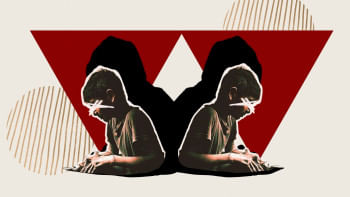
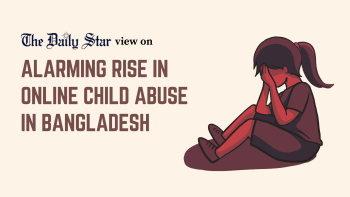
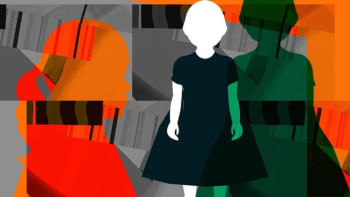






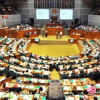

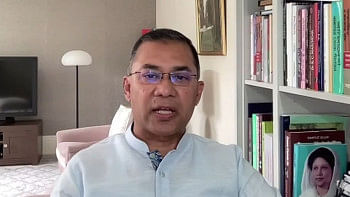
Comments